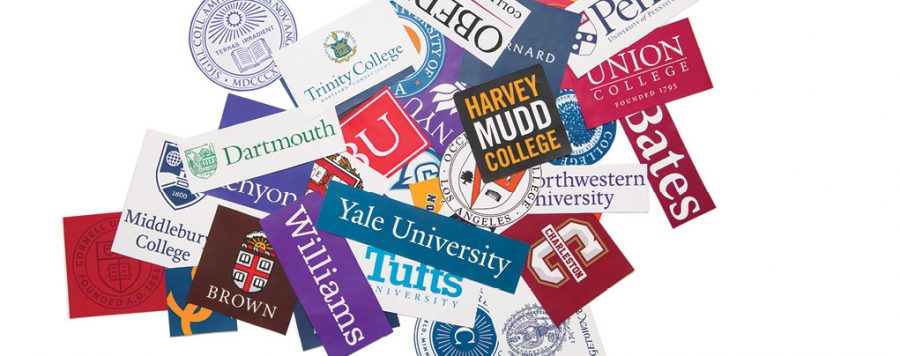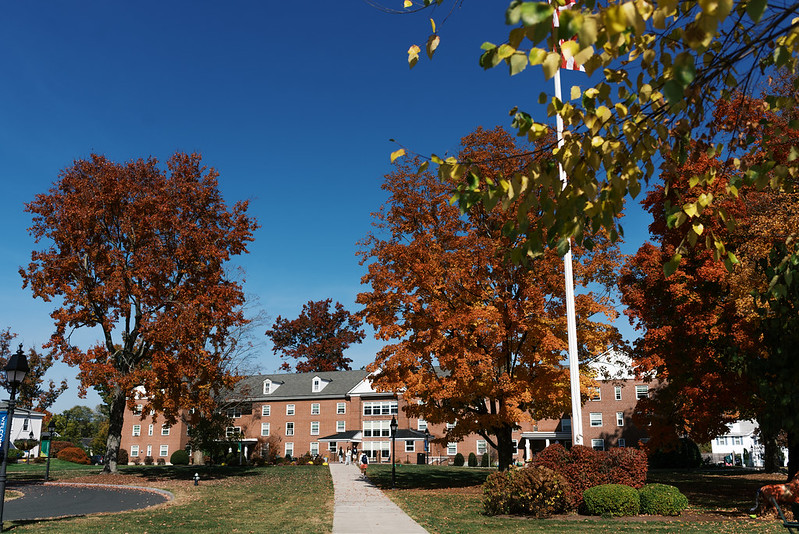A once rigorous and highly respected part of the class, AP tests are slowly losing interest from colleges and students.
AP (Advanced Placement) courses are classes that allow you to potentially full-fill college credits in your high school years. Many students take them not only for this reason but also because it shows a dedication and advanced level in subjects. Yet over the years, the prestige and expectation of AP courses have diminished. According to Mass.gov, of all the 2022 high school graduates in Massachusetts, 43.7% had taken an AP Exam.
Within the Williston community, students have begun to consider whether AP tests are worth it. For seniors, if none of the schools they are applying to accept test scores for credit, there is no logical reason to take them. And if juniors and sophomores already have a plan for their college, then there may be no reason to take them in those years as well.
Anna Sawyer, a senior from Easthampton, has decided she is not going to take the AP tests for her psychology, statistics, or literature courses. Despite this, she “feels like the classes are worth it because it is good to challenge myself.”
In her junior year, Anna took her tests for her AP U.S. Government and AP Language classes.
As a junior beginning to think about colleges and applications, Ricardo Nieves is contemplating the use of his AP courses.
“Right now I’m taking AP Statistics,” he said. “As much as it is a challenging and hardworking class, I don’t really feel like it is worth it. Especially because the test we are working towards might not even matter anyway.”
Ricardo Nieves is currently looking at the University of California San Diego, to play basketball and continue his academics. UCSD accepts high school AP test scores for credit. It was difficult to find data pertaining to this issue, but according to CNBC as of 2017, 86% of schools accept Advanced Placement credits.
Having taken AP tests before, senior Logan Cherewatti is prepared and decided to stick with them this year.
“I look at it as if there is no real downside to taking them,” he said. “At that point the only thing I have to loose is a few hourse of my time. If I do well and get a 4 or a 5, great. If I get a 2 or a 3, it is what it is.”
Weston Reardon, a senior from Long Island, N.Y., is also choosing to take his AP tests this year. For him it is a win/win situation.
“I feel prepared for the test, and think I could do well,” he said. “I don’t really see any reason not to take the test.”
Emily McDowell is Head of College Advising at Williston, and is up to date with the relevant information about AP tests carrying over to college.
“I am not sure of the exact list or number, but it seems to be a bigger shift in the more competitive colleges,” McDowell said. “Rather than giving a course credit (potentially saving students money) they are pushing the students forward to take a more advanced course. For example, if you walked in with a 4 or 5 on the AP Macroeconomics exam, you can’t take Econ 101, you have to skip ahead to 201.”
“Outside of the most competitive band of colleges, however, it seems that you can still earn college credit for some scores,” McDowell added.
I am currently in AP Statistics and AP Psychology and am taking the tests for these classes. I am not thrilled about doing so, and had contemplated not registering for them, but the $50 cost was incentive to stick with them.





















